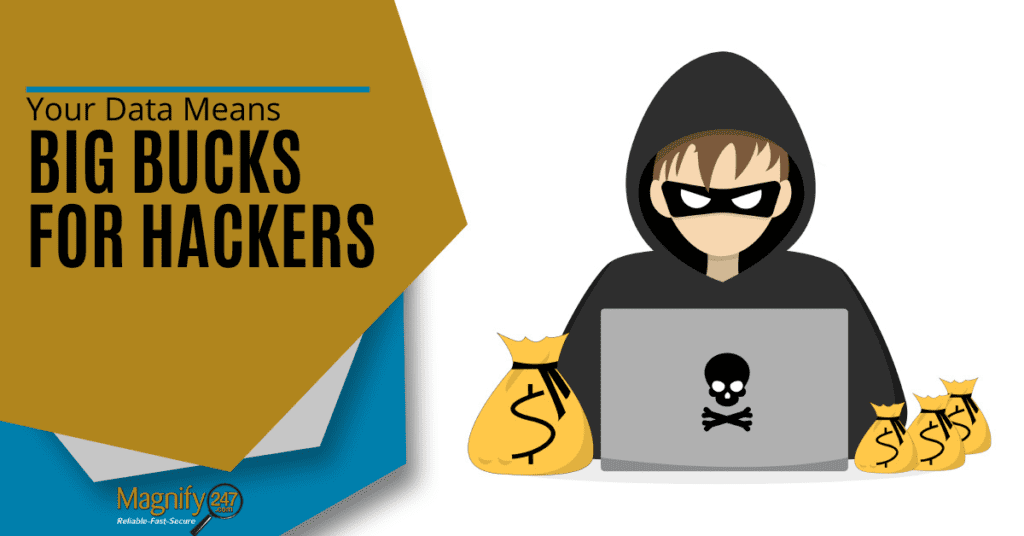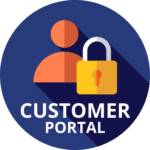Many individuals and small businesses don’t think they could possibly be on a hacker’s radar. They only go after companies with more interesting data, don’t they?
watch short video > https://youtu.be/S0URchV2huU
It’s a myth that only large enterprise companies, large retailers, or organizations that have sensitive emails are being targeted by hackers. No one is safe, and small businesses are often a prime target because they will typically have less cybersecurity protection than a larger company.
Small businesses have a higher rate of malicious emails being sent to them than do larger companies.
In fact, over the last decade or so, the entire “industry” of hacking has been democratized, making it possible for those that can’t write a single line of code to perpetrate ransomware attacks, phishing scams, credential theft, and more.
All a wannabe cybercriminal needs is a little money to invest in an “exploit kit” that they can purchase off the Dark Web. Then what happens is they target anyone and everyone they can through phishing and other means.
Why? Because they know whomever they hit, they can make some money off what they find.
Here are some general going rates for stolen data on the Dark Web:
- Gmail account credentials: $156
- Amex card details with PIN: $35
- Online banking credentials $65
So, a hacker can choose to use the data they steal from you themselves or resell it on the underground market. Either way, they make money.
What Can Happen If Your Device is Breached?
Data Deep Dive
Once a hacker gets into your device, they will initially try to copy/steal as much data as possible.
Do you have electronic copies of your taxes on your computer? Bingo! A hacker can use that data (SSN, address, dependent SSNs) to either file for your tax refund before you do or sell to the highest bidder.
Hackers will go looking for all the data they can, which includes:
- Spreadsheets with password lists
- Saved passwords in browsers
- Your contacts list
- Customer or vendor lists
- Online banking details
- Emails (incoming and sent)
- Favorites (tell them which sites to look for passwords to)
- Sensitive company information
Plant Ransomware
Ransomware has grown significantly as a money-maker for criminals over the last few years. The Sophos 2021 Threat Report noted that ransomware is being made more dangerous and more efficient (for the hacker) because it’s been adopted by organized crime as an income source.
Hackers have also added a new twist, where they don’t just scramble your data and demand a ransom to return it, they are now extorting businesses and asking for more money not to release sensitive information only that they’ve stolen.
System Takeover for Crypto Mining
Cryptocurrency mining has become another major illicit money maker. But it requires the use of CPU power to scour the internet and mine for the various types of cryptocurrency.
Hackers will often use a hacked computer’s resources to run a mining script in the background, which can result in the system being much slower for the user because it’s being taken over by the hacker.
Best Practices for Protecting Your Data & Devices from Hacks
It’s important to adopt best practices, also called good cyber hygiene, in order to keep the hackers out of your data and device.
This involves several layers of safeguards that all work together to build a strong wall of protection.
Use a Good Backup & Recovery Solution
Having a backup of all your data can help protect you from devastating downtime in the event of a ransomware attack. It can also keep you from having to pay the ransom.
Paying a ransom doubles the overall cost of remediating a ransomware attack.
Data backup is one of the most important things you can do for cybersecurity and business continuity.
Keep Devices Updated & Patched
Patch and update management is another vital part of good cyber hygiene. Hackers are often able to get into systems by exploiting vulnerabilities in software and operating system code.
Vendors put out patches for those vulnerabilities as soon as they’re discovered, but many users suffer attacks anyway because they don’t apply the patch in a timely manner.
Use Antivirus/Anti-Malware
Nearly since computers were first connected to the internet, antivirus was a recommended safeguard to prevent virus infections. There are now all types of malware that can infect a computer, and it’s important to have a good antivirus/anti-malware that can detect and neutralize any malicious code.
DNS Filtering
Most phishing attacks use links to dangerous websites rather than a file attachment. Users are often fooled because they don’t think before they click.
DNS filtering can ensure that even after a malicious link is clicked you stay protected. It checks websites for any dangers before directing your browser there. If it finds a problem, you’re directed to a warning page.
Make Cybersecurity Automatic with Solutions from Magnify247.com
Magnify247.com can help your Tipton, IN area business with easy, affordable, and automatic security solutions to keep your data protected.







